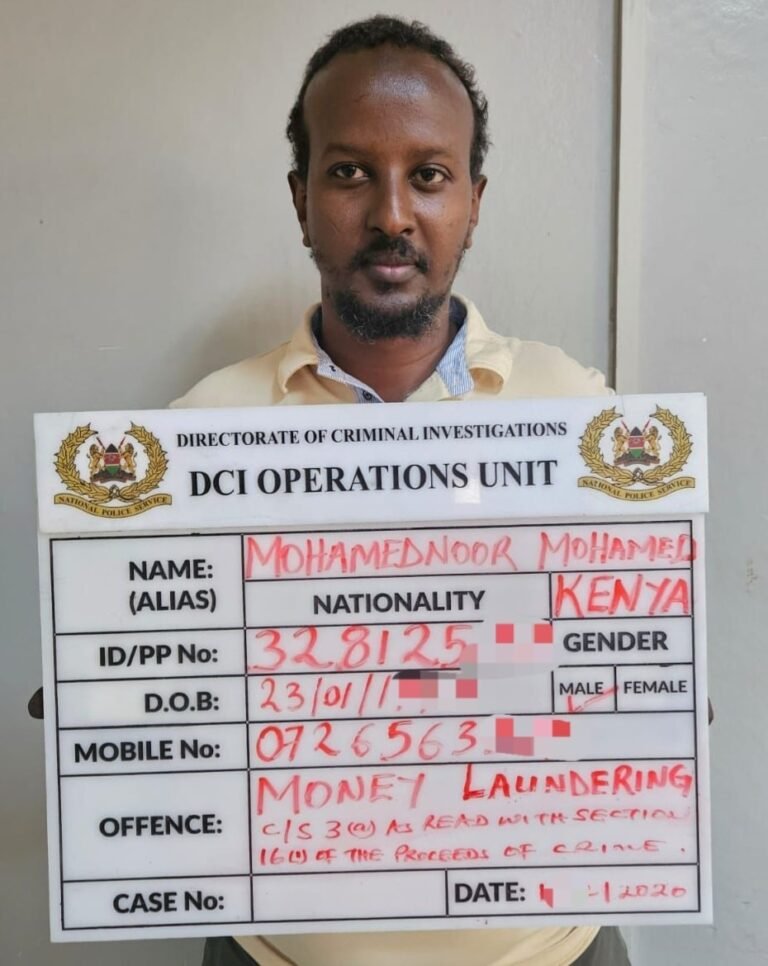
KSh 40,000 Vanishes in ATM Card Fraud A Symptom of a Bigger Problem
On September 1, 2025, an Absa client was jolted by four alerts—each showing KSh 10,000 withdrawn from an ATM in Donholm, Nairobi. The withdrawals were unauthorized and alarming. When she sought help, the bank froze her account, told her to visit a branch, and discouraged filing a police report insisting they would handle the case internally.
Days later, she learned the withdrawals were deemed “valid” because a PIN had been used—though she had never shared it. Her frustration grew as the bank offered no solid answers.

At a forensic briefing, staff showed her blurred CCTV footage of the ATM user—face unidentifiable. When she asked for a copy for police evidence, she was refused and told to go to the police herself. This pushed her in circles between the bank and law enforcement—with no resolution in sight, and her own funds inaccessible.
A Pattern of Broken Promises and Bleeding Confidence
This is not an isolated lapse — it’s the latest in a mounting series of client complaints around Absa’s faltering operations:
Customers recount failed transactions, glitches with mobile banking, blocked accounts, and opaque loan processes on social media—highlighting widespread dysfunction.
Reports reveal Absa lost a staggering KSh 107 million to fraud in a past year, recovering only KSh 59 million through its internal systems.
Additionally, between 2023 and 2024, the bank managed to recover KSh 227 million but initially blocked KSh 334 million in fraud attempts raising concerns over the volume and sophistication of attacks.
Social media and investigative outlets are filled with allegations of disciplinary cases including fraud and privacy breaches suggestive of internal shortcomings in staff accountability([The Africa Report][4]).
The Bank’s Defensive Posture and Accountability Gaps
Despite its public posture of robust security measures, Absa’s actions suggest otherwise:
* Customers report dismissive attitudes, unclear FAQs, and ambiguous institutional response to crises—even when their finances are at stake.
* Official protocols, such as referring clients to police and withholding CCTV evidence, shift responsibility onto individuals already under stress—rather than resolving matters efficiently.
Final Cut: Eroded Trust, Rising Risks
Absa Bank Kenya—a brand once trusted for its convenience and tech-driven services—now finds itself under siege. **Repeated fraud incidents, infrastructure failures, and an inability to offer real customer support** are no longer mere growing pains—they signal a dangerous erosion of public trust.
The bank must urgently:
1. Improve fraud-response protocols and ensure quick, transparent processes;
2. Empower clients, not confound them with bureaucratic barriers;
3. Strengthen internal controls and staff accountability;
4. Rebuild confidence through swift issue resolution and full collaboration with law enforcement.
Until then, cases like the KSh 40,000 ATM fraud will continue to expose a bank failing to fulfill its most basic purpose keeping customers’ money safe.



